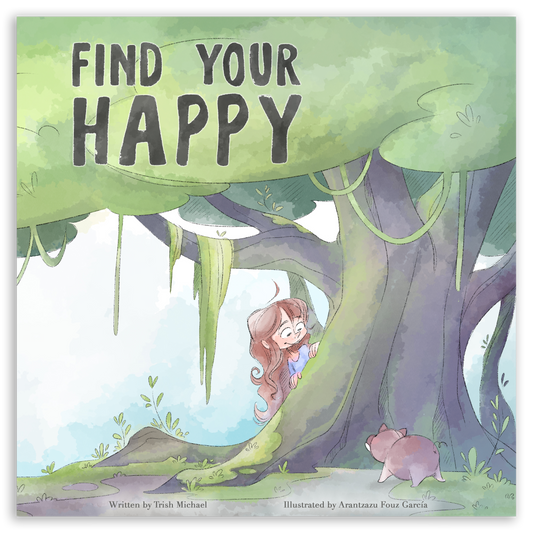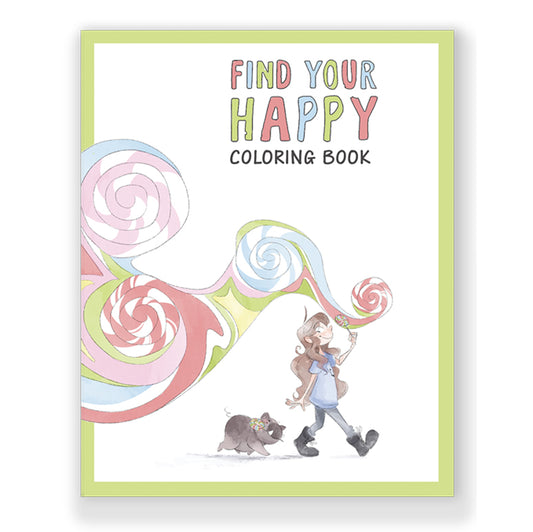Recognizing the Hidden Control That Keeps Survivors Stuck — and How to Reclaim Your Power
Financial abuse is one of the most insidious and under-discussed forms of control in abusive relationships. While physical or emotional abuse leaves visible scars, financial abuse quietly strips away independence, choice, and hope.
If you're doing your best, and no matter what you do, you can’t get ahead due to the actions of a someone else: a spouse, business partner or an ex... it’s time to ask an important question: “Am I experiencing financial abuse?”

What Is Financial Abuse?
Financial abuse (sometimes called economic abuse) happens when one partner controls another’s ability to earn, spend, or save money. It’s not just about money... it’s about domination, restriction, and eroding a person’s sense of self-worth.
In financial abuse in marriage or long-term relationships, the abuser often uses money to keep their partner dependent, trapped, and fearful of leaving. It’s a way of saying, “You can’t survive without me.”
Signs of Financial Abuse in a Relationship
You may be experiencing financial abuse if any of these sound familiar:
- Your partner restricts your access to money, forcing you to ask permission to buy even basic things. I remember, even though I set up a joint account and asked him to shift money for groceries into that account every week, every week I'd have BEG for money for groceries for our family.
- The abuser controls all the finances — every account, every card, every transaction. Even if you manage the finances, they find a way to make that process nearly impossible for you to do so effectively, by withholding key information.
- You’re prevented from working or pressured to quit your job. This may be direct or indirect in the case of a covert Narcissist. Examples of this occurring indirectly are: creating scenarios where you constantly end up late to work, showing up at your place of work causing a scene/making you look bad, or creating constant drama in your household for your kids when you're at work so it feels like working is impacting your kids negatively.
- Your partner withholds money as punishment or manipulates you by giving “allowances.”
- They gaslight you about spending, accuse you of being irresponsible, or make you feel ashamed for wanting autonomy. They may even accuse you of stealing when there's no possible way that you would, or even could.
- You’ve been coerced into taking on forced debt or credit in their name — also called coerced debt. I wasn't coerced, but because his credit was garbage and mine was great, ALL of the debt ended up in my name alone because otherwise we wouldn't have been able to get the house or the cars.
- Your partner ruins your credit or engages in credit sabotage to make it harder for you to rebuild. Despite being court ordered to pay the mortgage and the car payment during the divorce process, he just didn't. So my credit was destroyed, I got constant foreclosure notices and I was constantly chased by the repo man.
- After leaving, they continue financial abuse after separation — refusing to pay support, hiding assets, or creating new debts in your name.
- They bring false and frivolous cases to court and/or refuse to cooperate over basic things, forcing you to pay for lawyers.
If you recognized even one of these, please know: you’re not crazy, you’re not alone, and you can take your power back.
Economic Abuse vs. Financial Abuse
Though the terms are often used interchangeably, there’s a subtle difference:
- Financial abuse focuses on money and material resources as outlined above.
- Economic abuse includes restricting access to housing, transportation, education, or anything that allows for independence. (an example of this would be someone calling your potential new landlord or new boss, bad mouthing you saying you are problematic financially.
Both are forms of control — and both can keep survivors trapped long after the relationship ends.
How to Identify Financial Abuse
If you feel anxious or scared about money, but you’re unsure whether what you’ve experienced “counts,” start by asking:
- Do I have free access to my income or savings?
- Has my partner ever monitored, criticized, or limited my spending?
- Am I doing everything correctly, and then someone else's actions wipe out any financial progress made?
- Do I feel dependent on them for survival?
These are powerful indicators that financial abuse may be present — even if no one has ever called it that before.
Regaining Financial Independence After Abuse
Healing from financial abuse takes courage — and strategy. It’s not just about money management; it’s about rebuilding safety, confidence, and belief in your ability to thrive.
I lived all of this for 8 years, while also dealing with 3 bouts with cancer. By the time I'd gotten myself and my kids safe, I was six figures in debt and the whole thing had left me feeling like I was the problem. I thought I'd never recover financially... but boy-oh-boy did I ever!
And you can too!
Reclaiming Financial Power After Narcissistic Abuse - Online Course
This step-by-step program combines practical financial tools with emotional healing, designed for survivors ready to rebuild.
You’ll learn how to:
✅ Rebuild your finances after a controlling or narcissistic partner
✅ Heal from gaslighting and financial control
✅ Repair credit sabotage and recover from coerced debt
✅ Create sustainable income and security on your own terms
✅ Restore confidence and peace around money
Limited-Time Invitation
I’m offering FREE early access to a small group of beta testers for this course — only 5 spots available.
If you’ve experienced financial abuse in a marriage or relationship, or you’re currently trying to regain financial independence after divorce or abuse, I’d love for you to be part of this first healing release.
You’ll get the full course for free in exchange for your honest feedback.
👉 Click here to sign up now — the 5 spaces will be filled by random drawing on 12/1/2025 and winners will be notified by email so make sure you're email is correct!











